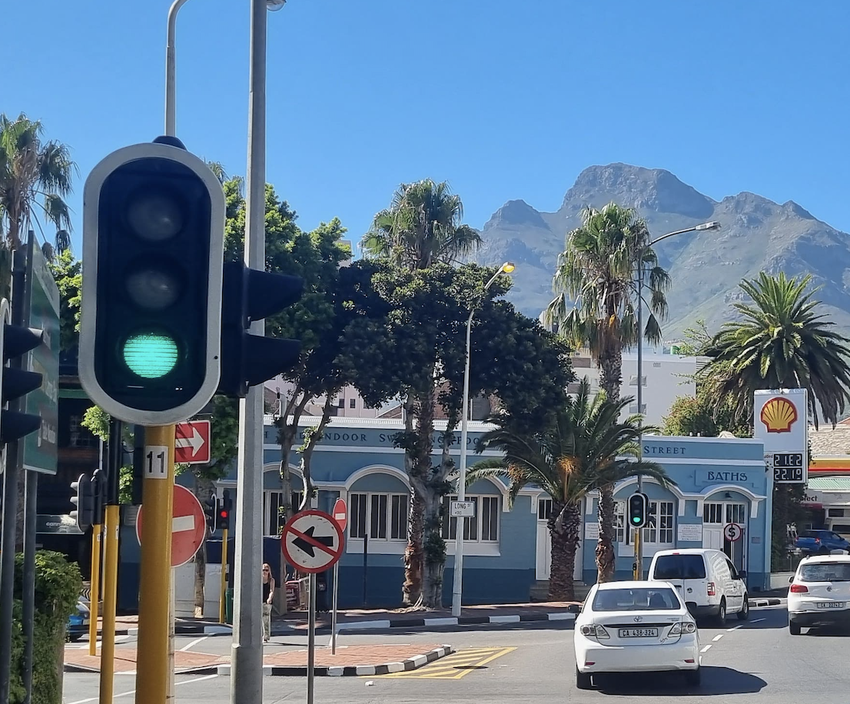A specialized training course for experts and professionals entitled Solar Heat for Industrial Processes (SHIP) for Industry & Commerce was conducted from 17–19 February 2025 at the Holiday Inn in Harare, Zimbabwe and Technical Tour of CAFCA . The training was facilitated by Wolfgang and hosted by Samson, following an online training on Energy Audit Tools held on 5 December 2024.

The training brought together a diverse group of participants from across industry sectors. These included representatives from the processing industry such as Delta Beverages and Dairibord; manufacturing and engineering companies like Cafca; consultants; technicians from the Ministry of Energy, Power & Development; engineers from the Zimbabwe Energy Regulatory Authority (ZERA); and members of academia focused on engineering and sustainability. The group consisted of 11 experts — 7 male and 4 female.
Course Content
The course covered a broad range of topics including:
- Integration options for SHIP systems
- Basic hydraulic concepts of SHIP design
- Key boundary conditions: process demand profiles and climate profiles (solar radiation)
- Design of main components: solar collectors, collector fields, heat exchangers, thermal storage, etc.
- Calculation of Key Performance Indicators (KPIs) such as solar yield and solar fraction
- Introduction to Renewable Heating and Cooling (RHC) technologies including solar thermal, PVT, and heat pumps
- Overview of concentrating solar systems
Technical Tour
The training concluded with a technical tour of CAFCA Limited, a leading electrical cable manufacturer in Zimbabwe. The tour focused on the company’s electrolysis plant, which requires process temperatures of 60–65°C at the cell inlet and 55–60°C at the outlet, as well as the cable annealing process. Currently, all processes are powered by grid electricity.
CAFCA, being one of the first companies in Zimbabwe to attain multiple international standards — ISO 9001:2015 (Quality Management), ISO 14001:2015 (Environmental Management), ISO 45001:2018 (Occupational Health and Safety), and ISO 50001:2018 (Energy Management) — is committed to maintaining its leadership position. As part of this commitment, it is partnering with the SOLTRAIN+ project to conduct an Energy Audit and explore opportunities for solar energy integration in its processes.
Leading the initiative were Eng. Kupa, Eng. Prosper, Eng. Farirayi, and Brighton.









